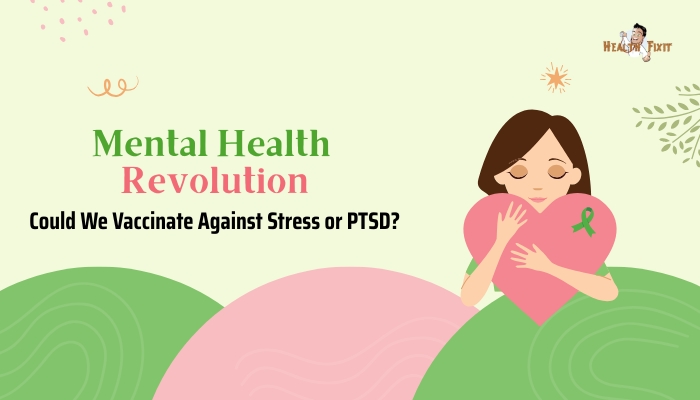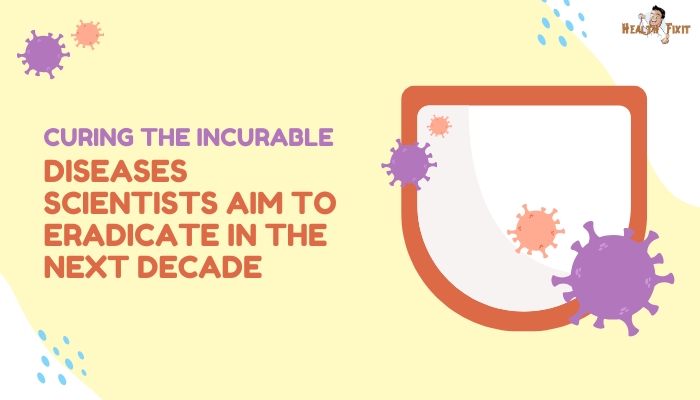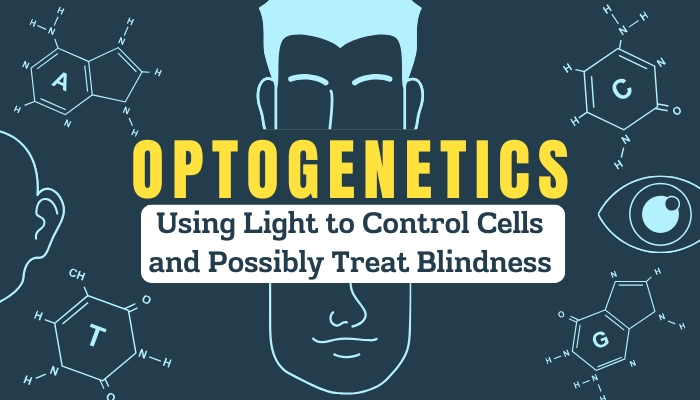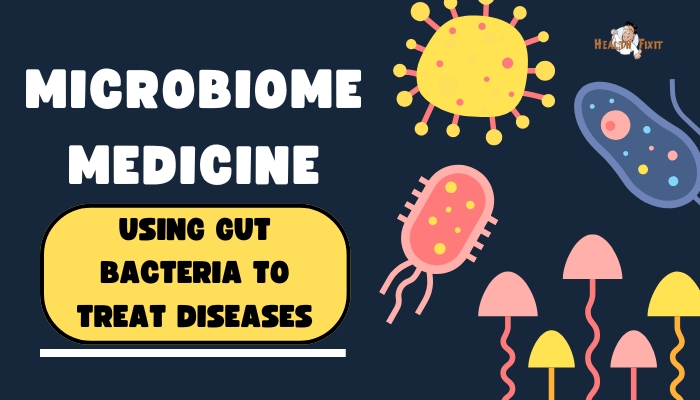Introduction
In the face of rising mental health concerns—ranging from chronic stress to post-traumatic stress disorder (PTSD)—traditional treatments often revolve around therapy, medication, or lifestyle changes
. But could immunization ever prevent or reduce these psychological impacts, akin to how vaccines ward off infectious diseases? Though still speculative
, new research probes the biological underpinnings of stress and trauma responses, searching for ways to bolster resilience or dampen pathological stress pathways.
By borrowing principles from immunology, scientists envision potential “vaccines” to prime our bodies (and brains) against excessive stress or traumatic memories.
This article explores the current understanding of stress neurobiology, experimental approaches to “stress vaccines,” and the ethical hurdles in pursuing such radical interventions.
The Biology of Stress and PTSD
Stress Hormones and Brain Circuits
When individuals face intense or ongoing stress, hormones like cortisol (through the hypothalamic-pituitary-adrenal axis) surge.
Chronic elevations reshape neural circuits, especially in the amygdala (fear processing), hippocampus (memory formation), and prefrontal cortex (executive function). These changes can feed into anxiety, depression, or maladaptive fear responses, hallmark signs of PTSD.
Immune Involvement
Increasingly, research reveals a neuro-immune interplay in stress-related disorders. Inflammatory cytokines, microglial activation, or certain immune mediators can magnify stress or hamper resilience. This synergy suggests that modulating the immune response might reduce vulnerability to stress or trauma.
Vaccines or Immunotherapies for Stress?
Concept of “Stress Vaccines”
Rather than a literal injection of pathogens, a “stress vaccine” aims to:
- Precondition the immune or nervous system to handle future stressors.
- Block or dampen key biochemical pathways that escalate stress responses.
- Promote resilience so that traumatic memories are less likely to form or become overwhelming.
It’s a bold idea, but parallels exist in how some prophylactic interventions train the immune system. The question is whether we can do something similar for stress pathways.
Animal Model Evidence
Several rodent studies demonstrate that mild stress exposure or controlled immune challenges can build resilience to subsequent severe stress. Researchers have tested:
- Attenuated Bacteria: Some forms of beneficial microbes (like Mycobacterium vaccae) appear to boost stress resilience.
- Cytokine Modulators: Agents that limit pro-inflammatory signals can reduce stress-induced behavioral changes in animals.
Early findings are suggestive but far from a complete “stress vaccine.”
Potential Approaches
Mycobacterium vaccae and Other Microbes
Mycobacterium vaccae—a soil bacterium—has shown promise in mice, reducing stress-induced inflammation and depressive-like symptoms. Hypothetically, a safe, inactivated injection might yield low-grade immune stimulation that fosters resilience. Small pilot trials in humans are still needed to confirm any clinical effect.
Immunization Targeting Stress Hormone Pathways
If scientists identify a stable epitope that fosters anti-cortisol or stress-protein neutralization, an immunologic approach might partially blunt the hormone’s destructive impact on the brain.
However, cortisol is essential to normal physiology; messing with it could cause other hormone imbalances or metabolic issues.
Anti-Inflammatory Vaccines
Since chronic low-level inflammation is linked to stress vulnerability, a vaccine that modulates inflammatory cascades might protect mental health.
Potential strategies include “tolerizing” the immune system to stress-related cytokines or harnessing regulatory T cells to keep inflammation in check.
Preventing or Mitigating PTSD
Prophylaxis Post-Trauma
In the wake of severe trauma—combat, accidents, disasters—some individuals develop PTSD. If a single injection or short therapy could hamper fear memory consolidation,
it might reduce PTSD rates. For instance, administering immunomodulators or certain memory-blocking agents soon after trauma is a concept under limited study, though not yet mainstream.
Memory Reconsolidation Therapies
Separate from a classic “vaccine,” certain approaches use sessions to reactivate traumatic memories under carefully controlled pharmacological states (like beta-blockers) or immune interventions,
aiming to weaken the memory’s emotional intensity. This technique is more akin to therapy plus medication rather than a conventional vaccine, but it shares the principle of reprogramming the stress response.
Challenges and Ethical Concerns
Blunting Natural Stress Signals
Stress is not purely detrimental. Some stress responses are adaptive, alerting us to danger or driving performance
. Over-suppressing these mechanisms might hamper necessary fight-or-flight reactions. A stress vaccine must selectively reduce pathological extremes without dulling normal vigilance.
Safety and Regulation
Any product interfering with the stress system or memory formation must undergo rigorous safety checks. The complexity of neurobiology, especially emotional processing, raises the risk of unintended psychological or behavioral changes.
Philosophical Debates
Some critics worry that removing or dulling negative emotions (fear, stress) might have moral or identity implications. Painful experiences can foster growth or empathy
. An immunological prophylaxis might shift fundamental aspects of human emotion or memory, requiring societal reflection on what is ethically acceptable.
Looking Ahead
Combined Approaches
Likely, if “stress vaccines” or immunotherapies emerge, they’d complement existing psychological or pharmacological interventions.
E.g., pairing a mild immunomodulator with counseling might produce synergy, reducing risk for high-stakes occupations (like soldiers) or trauma survivors.
Targeting Specific Populations
High-risk individuals—e.g., first responders, military, or people with genetic vulnerability to PTSD—could be early candidates for prophylactic or early-phase immunotherapies. Trials must prove net benefit and minimal side effects.
Expanding Knowledge of Brain-Immune Interaction
Decoding how the brain’s stress circuits interlace with immunity is crucial. As we map these pathways more precisely, we can develop smarter, safer interventions—like localized immunomodulation near the amygdala or hippocampus rather than a broad systemic approach.
Practical Tips for Patients and Providers
- Keep Expectations Realistic: Stress or PTSD “vaccines” remain largely theoretical. No current product is clinically approved for prophylactic stress immunity.
- Watch Emerging Research: Some pilot trials exploring immunomodulators for PTSD or depression exist. If standard treatments fail, discuss with a mental health professional whether experimental therapies might be an option.
- Integrate with Traditional Care: Even if prophylactic immunotherapy emerges, proven therapies—talk therapy, medication, lifestyle changes—will remain essential.
- Consider Ethics and Risk: If or when these interventions reach the market, weigh the potential benefits of decreased stress or trauma risk against unknown long-term effects or personality changes.
Conclusion
Could we vaccinate against stress or PTSD? While the idea remains speculative, rapid advances in immunology and neurobiology hint that partial solutions might be possible in the not-too-distant future
. From harnessing beneficial bacteria to rewire stress responses to carefully timed immunomodulators that dampen traumatic memory formation, scientists explore how the body’s defense mechanisms can be repurposed for mental resilience.
Yet lofty goals come with caution: the complexity of stress is profound, and memory is vital to human experience. As research evolves,
balancing the promise of “stress prophylaxis” with ethical and safety safeguards will be critical. Whether we end up with a true “stress vaccine” or targeted immunotherapies
, the ongoing synergy of neuroscience and immunology could usher in a new chapter in mental health treatment—one where dreaded psychological wounds might be prevented before they can scar the mind.
References
- Lowry CA, et al. Identification of an immunoregulatory signaling pathway that attenuates the severity of multiple sclerosis. J Immunol. 2018;201(8):2233–2244. (Regarding Mycobacterium vaccae for stress)
- Wohleb ES, Godbout JP. Basic aspects of the immunology of behavior. Curr Opin Behav Sci. 2019;28:1–7.
- Sandi C, Haller J. Stress and the social brain: Behavioural effects and neurobiological mechanisms. Nat Rev Neurosci. 2015;16(5):290–304.
- Pitman RK, et al. Pilot study of secondary prevention of posttraumatic stress disorder with propranolol. Biol Psychiatry. 2002;51(2):189–192.
- Raison CL, Lowry CA. The psychobiology of mind-body interactions. Neurosci Biobehav Rev. 2021;125:675–684.
- Daskalakis NP, et al. Early life stress effects on the DNA methylome: A systematic review. Biol Psychiatry. 2021;89(9):865–875.
- Cai W, Zhang K. Brain–immune communications and stress-related disorders. Mol Psychiatry. 2020;25(9):1975–1983.
- Radtke F, Weichselbaum R. The role of immunomodulators in stress resilience. Cell. 2019;177(7):1781–1783.
- Ledoux JE, Muller J. Emotional memory, fear memory, and the amygdala: a cautionary tale. Annu Rev Neurosci. 2017;40:257–277.
- Lynall ME, et al. Neuro-immune interactions in mental health. Mol Psychiatry. 2022;27(1):296–312.




